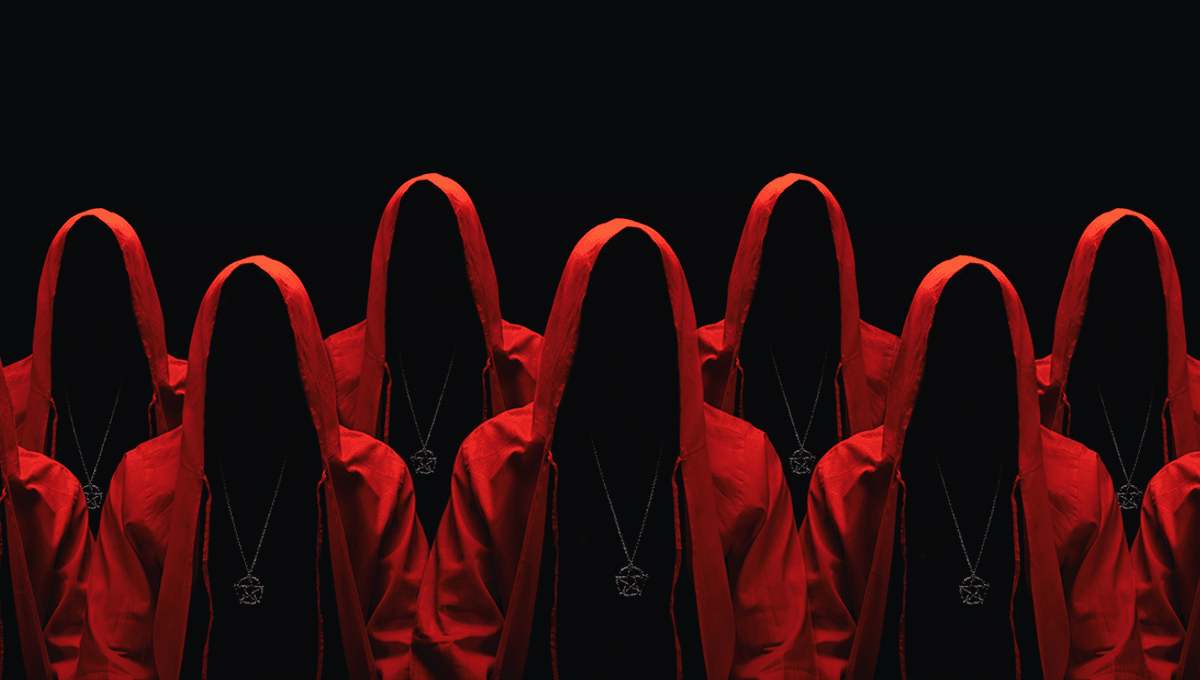
A quick recap of how hit TV The Traitors works, for the uninitiated. A group of contestants enter a mansion, where they are assigned either the role of traitor or faithful. There are only three traitors to begin with (they may recruit more at a later time, if people among them are caught) with the rest made up of faithfuls, who must try to catch them. If the faithful survive being murdered by the traitors, and eliminate all the traitors, they take the money. If there are any traitors left at the end of the game, however, they steal all the money.
If you want to do well at it, there are many different paths you can go down. You could be loud and influential, bending others to your opinions, or simply stay quiet the whole game and hope that nobody notices you. You could be smart and catch the traitors, or so stupid that the traitors don’t bother wasting a precious murder on you.
But a little math, game theory, and logic doesn’t hurt either. In fact, it could have helped a few contestants win in their series in crucial moments. For instance, it might be good for the traitors to know that faithful contestants (in the UK version at least) are only a little bit better at capturing them than random chance.
Faithful contestants in another series (don’t worry, there are many versions around the world and we will try not to reveal which) ended up faring significantly worse. Due to a series of increasingly baffling decisions, at the game’s end, there were still three traitors in the mansion.
In the final episode, the show revealed a new mechanic created for such a scenario, which they termed the “traitor’s dilemma”. After winning the game, the traitors were asked to write “share” or “steal” on their chalkboards, before revealing their choice. If all three chose share, they would all share the money. If one or two chose to steal, they would take (and, if it’s two of them, split) the money, leaving anyone who wrote “share” with nothing. If all three voted to steal, however, then nobody would get the money at all.
This is based pretty closely on the Prisoner’s Dilemma, a thought experiment in game theory involving two prisoners facing jail time, who are offered the chance to go free if they flip on their fellow prisoner. But there a few other possible outcomes.
If they both flip, they will each go to jail for two years. If one flips on the other, they will go free while the other gets three years. If they both remain silent, they will receive one year in jail each. If you are in that situation, should you choose to betray your fellow prisoner, or stay silent?
The main thing that would have helped the traitors by knowing this dilemma beforehand, is to know precisely how dire their situation was. It is generally used as an example of how rational self-interest of individuals can lead to worse outcomes for the group.
Rationally, it makes sense to betray your fellow prisoner. If you flip you will either go free, or have a two year sentence instead of three. Unfortunately, it also makes sense for the other prisoner to betray you, and so the optimal choice for both of you – one year for both staying silent – is taken off the table.
The dilemma has been used to explain things such as ever-increasing advertising spends, as people compete over other individuals for higher rewards, rather than (for idealized example) agreeing on an advertising spend, saving money for all involved.
In The Traitors finale, the choice was roughly the same as the prisoner’s dilemma. A large amount of money for stealing, a smaller amount for cooperating, or a slightly bigger amount for two stealing together. What was different, of course, was the number of players. Instead of relying on just one person to share the prize with you, you would need to be certain that two other people would also share the prize, otherwise, you will leave with nothing. This is especially difficult to do after watching them betray people night after night for the past two weeks.
Though it may be tempting to judge anyone for not sharing the prize, if you have any suspicions about any of the other two – or think they might have the same of you – then the rational thing is to choose to steal. Deciding to share would be (almost) guaranteeing you leave home with the same bank balance you entered with.
Source Link: Series Of The Traitors Ends With The Classic "Prisoner's Dilemma" From Game Theory